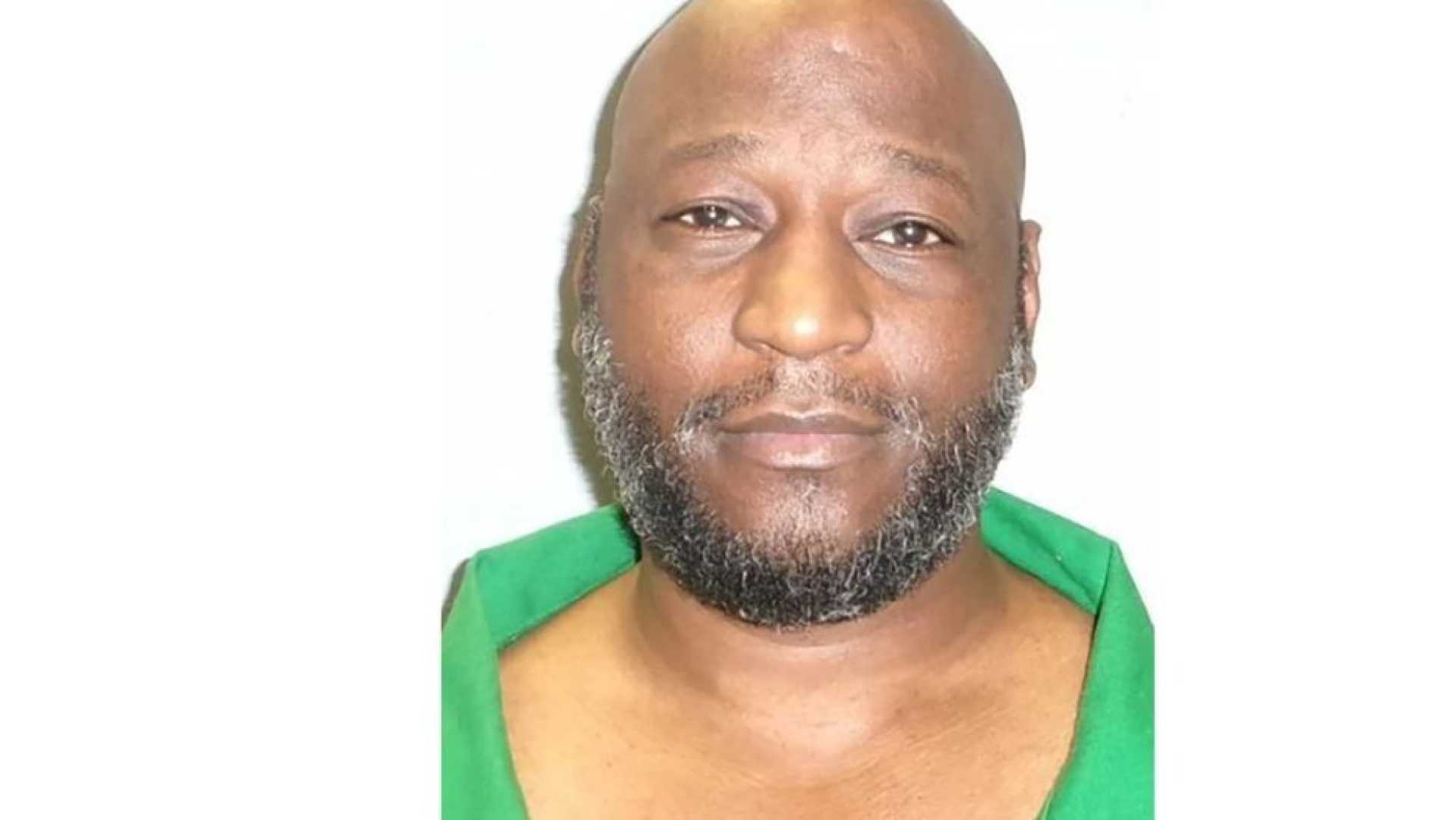News
South Carolina Conducts First Execution in Nearly 14 Years

On the evening of September 20, 2024, Freddie Owens was executed by lethal injection in South Carolina, marking the state’s first execution in nearly 14 years. Owens, a 46-year-old inmate, was pronounced dead at 6:55 PM after a series of unsuccessful legal appeals, including a last-minute attempt to halt the execution by the U.S. Supreme Court.
The execution was temporarily delayed as South Carolina officials awaited a ruling from the Supreme Court. Owens’ attorneys had petitioned the court for a stay, arguing that additional information was needed regarding the drugs used in the execution to ensure its effectiveness and humanity. The petition was denied in a brief order by the court, with Justice Sonia Sotomayor noted as dissenting.
Owens was sentenced for the 1997 murder of Irene Graves, a convenience store clerk, during a robbery spree on Halloween night. Witnessing the execution were members of Graves’ family, including her oldest son and son-in-law, as well as several media representatives. Owens did not make a final statement, although he exchanged a brief moment of acknowledgment with his attorney, Emily Paavola, prior to the commencement of the injection process.
The state conducted Owens’ execution using a single dose of pentobarbital, a deviation from its previous method involving a three-drug cocktail. The switch came after difficulties in acquiring the drugs used in previous executions, necessitating changes to state protocols.
Despite Owens’ legal team’s efforts, including claims of false testimony by his alleged accomplice and historical abuse suffered by Owens, state and federal courts upheld the death sentence. Owens’ mother, Dora Mason, and advocacy groups protested the execution, drawing attention to racial and economic disparities in the application of the death penalty.
Around 50 protesters gathered outside the Broad River Correctional Institution on the night of the execution. Among them was Mersedes Mejia, who spontaneously joined the demonstration after driving by. The group engaged in prayers and protests, calling for the abolition of the death penalty.
Rev. Hillary Taylor, executive director of South Carolinians for Alternatives to the Death Penalty, addressed the crowd, highlighting systemic violence experienced by individuals on death row. “The death penalty is not justice. It doesn’t stop violence from happening. It only creates more victims,” she stated.
Owens’ execution raises questions about the use of capital punishment in South Carolina, a state that has recommenced executions after a prolonged hiatus due to challenges in acquiring lethal injection drugs. The state now plans to conduct further executions, as five more inmates have exhausted their appeals.
The execution of Freddie Owens reflects ongoing debates about the moral, legal, and practical implications of the death penalty in the United States, as the nation continues to grapple with issues surrounding justice and human rights.












